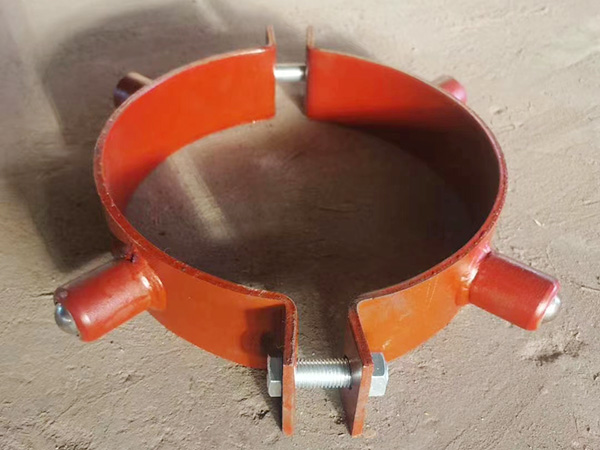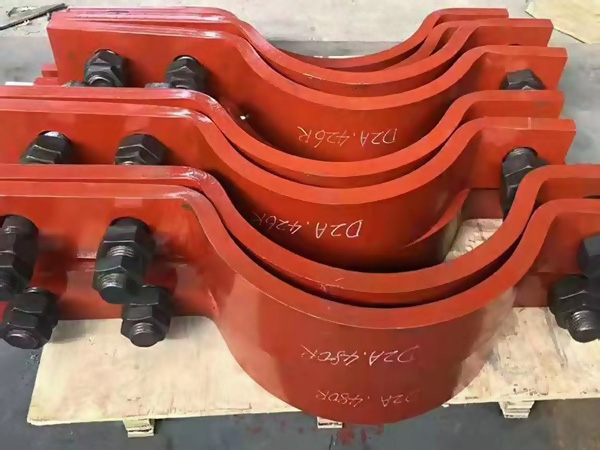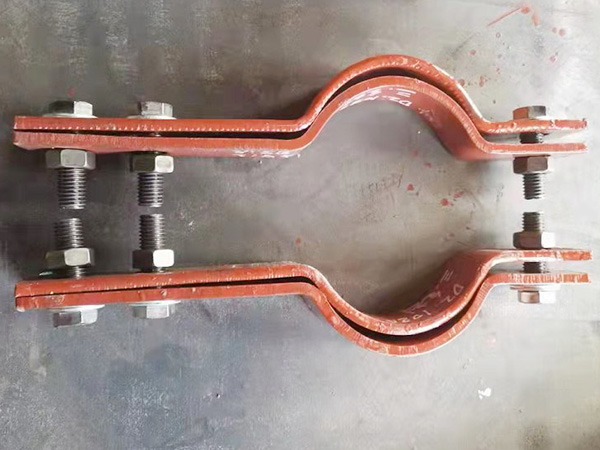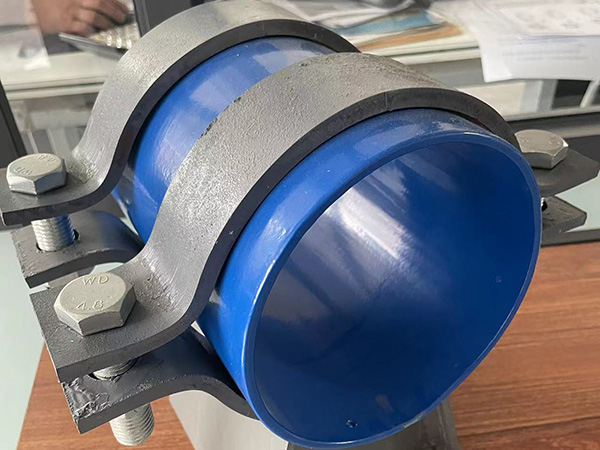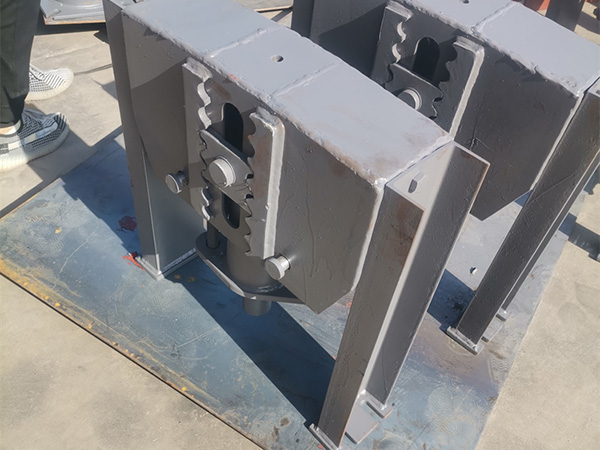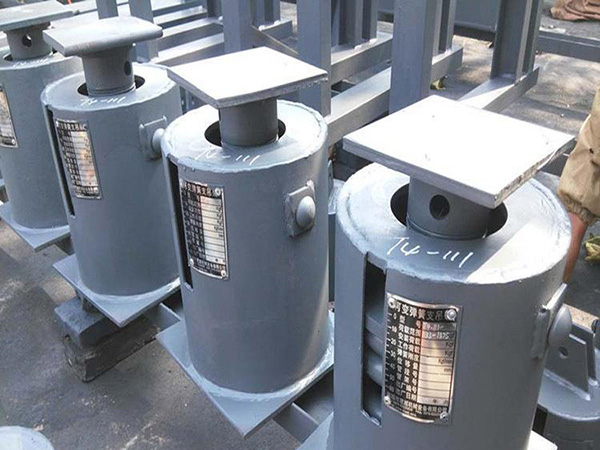Top Quality Factors When Choosing Industrial Pipe Fittings
Author:Mingde Time:2025-11-01 12:41:51 Click:86
In industrial fluid systems—whether for oil transport, chemical processing, or water distribution—the smallest connection can determine the entire system’s performance. Industrial pipe fittings are those vital connectors that ensure secure flow, pressure containment, and long-term stability.
Selecting high-quality fittings is not simply a procurement decision—it’s an engineering responsibility. Working with a trustworthy Industrial Pipe Fittings Supplier ensures your equipment runs safely and efficiently. As a Chinese manufacturer with bulk production capacity, we have seen how material integrity and production precision directly influence field performance.


1. Material Selection and Compatibility
The foundation of any quality pipe fitting lies in its material composition. Different applications require different materials—stainless steel, carbon steel, copper alloys, or PVC—each offering specific resistance to temperature, pressure, and corrosion.
A reliable supplier will provide detailed chemical composition reports and heat treatment records. Before purchasing, confirm that:
·The material suits your fluid type and pressure level.
·It meets international standards such as ASTM, ASME, or ISO.
·Certificates of analysis (COA) or MTCs are available for traceability.
A genuine industrial pipe fittings manufacturer in China will ensure every batch meets both domestic and international testing requirements.
2. Precision and Dimensional Accuracy
Even minor deviations in dimensions can cause leakage, vibration, or poor sealing. Therefore, dimensional accuracy should always be verified.
High-end manufacturers rely on CNC machining, thread gauges, and coordinate measuring systems (CMM) to confirm that each fitting precisely matches the design specification. Ask your supplier to provide tolerance and calibration records—it’s a clear indicator of their quality control maturity.
3. Surface Finish and Anti-Corrosion Protection
Because industrial environments often expose fittings to chemicals and humidity, surface treatment is essential for durability.
Common finishing processes include:
·Hot-dip galvanizing or electroplating for rust prevention.
·Powder coating or epoxy paint for mechanical protection.
·Passivation on stainless steel to enhance oxidation resistance.
These treatments ensure fittings maintain both strength and appearance during years of service. Reputable Chinese suppliers perform coating-thickness tests and salt-spray analysis to validate surface protection quality.
4. Pressure Rating and Strength Testing
Every fitting must endure its designed pressure class—whether 150#, 300#, or higher. The supplier should provide full test data verifying each product’s safety margin.
Comprehensive testing typically includes:
·Hydrostatic testing for leak prevention.
·Burst or tensile testing for strength validation.
·Non-destructive inspection (NDT) like ultrasonic or X-ray scanning.
These procedures confirm that fittings won’t fail even under extreme operational stress. Manufacturers that integrate testing into production demonstrate real reliability—not just compliance on paper.


5. Conformance with International Standards
When sourcing globally, compliance certification is the key to ensuring consistency. Look for products that meet:
·ASME B16.9 / B16.11 for welded and forged fittings
·ISO 9001:2015 quality management
·API for oil & gas systems
·PED / CE for European market requirements
A professional Industrial Pipe Fittings Supplier should be transparent about certifications, provide serial tracking, and issue proper documentation such as mill certificates and inspection reports.
6. Production Scale and Delivery Capability
For large-scale projects, supply consistency matters as much as product quality. Partnering with a China-based pipe fittings manufacturer offers access to large production capacity, stable raw material sourcing, and efficient logistics.
Before signing a contract, inquire about:
·Monthly production volume and machinery capacity.
·Delivery lead times for bulk orders.
·Custom manufacturing options for non-standard dimensions.
A supplier with robust production management can ensure on-time delivery without compromising precision.
7. Customer Service and After-Sales Commitment
The relationship with your supplier shouldn’t end after shipment. Post-sale technical support, warranty service, and installation guidance are vital to ensuring successful project execution.
Trustworthy suppliers provide:
·Detailed technical documentation and drawings.
·Prompt communication in case of issues.
·Replacement or repair assistance for defective parts.
Strong after-sales support is a hallmark of a dependable manufacturer, especially when sourcing across borders.
8. Reputation and Long-Term Reliability
Finally, reputation speaks louder than marketing claims. Check the supplier’s export history, client references, and quality audits. Experienced Chinese manufacturers have established credibility through consistent product quality, professional documentation, and transparent business practices.
Partnering with a recognized Industrial Pipe Fittings Supplier reduces risk and gives you confidence in every shipment. Longevity in the market often indicates reliability and technical expertise.
Conclusion
Sourcing industrial pipe fittings is about balancing technical accuracy, durability, and supplier credibility. Every parameter—from material grade to testing certification—affects your system’s safety and efficiency.
As a Chinese Industrial Pipe Fittings Supplier and manufacturer offering bulk supply, we take pride in providing robust, precisely engineered fittings that meet global standards. Whether for oil pipelines, construction networks, or industrial processing, our goal is to ensure you receive dependable fittings that deliver both performance and value.
Choosing the right supplier means investing in long-term stability—and with the right partner, every connection in your system becomes a point of strength.
References
GB/T 7714:Dobrotă D, Rotaru I, Bondrea I. Welded Construction Design of Transition Fittings from Metal Pipes to Plastic Pipes[J]. Metals, 2020, 10(9): 1231.
MLA:Dobrotă, Dan, Ionela Rotaru, and Ioan Bondrea. "Welded Construction Design of Transition Fittings from Metal Pipes to Plastic Pipes." Metals 10.9 (2020): 1231.
APA:Dobrotă, D., Rotaru, I., & Bondrea, I. (2020). Welded Construction Design of Transition Fittings from Metal Pipes to Plastic Pipes. Metals, 10(9), 1231.
 Hot Products
Hot Products
 Contact Us
Contact Us
Contact:
Mobile:+86 +86 19133378808
Website:mingdepipe.com
Address:


